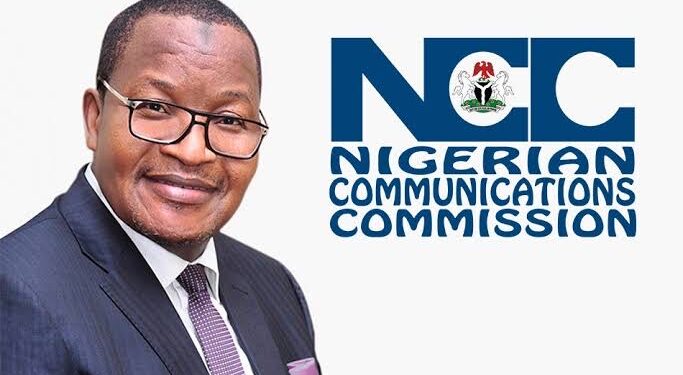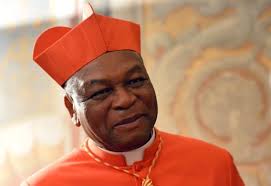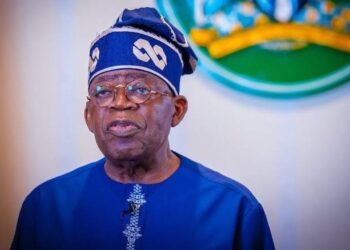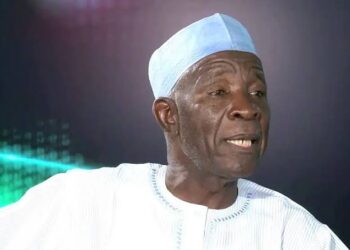Poor internet connectivity has made it difficult for many remote workers and those forced to work from home by the protests to meet deadlines or participate in virtual meetings. Nigeria has seen a significant increase in internet addiction since COVID-19.
According to data from the Nigerian Communications Commission (NCC), monthly internet usage increased from 125,149.86 terabytes (TB) in December 2019 to 753,388.77 TB in March 2024. In 2020, the commission said, “The increase in data usage is directly linked to the outbreak of the COVID-19 pandemic, which disrupted normal activities and most functions had to be held virtually, including schools, corporate meetings, etc,”
The number of mobile internet subscriptions increased from 135.74 million in March 2020 to 163.89 million in March 2024.
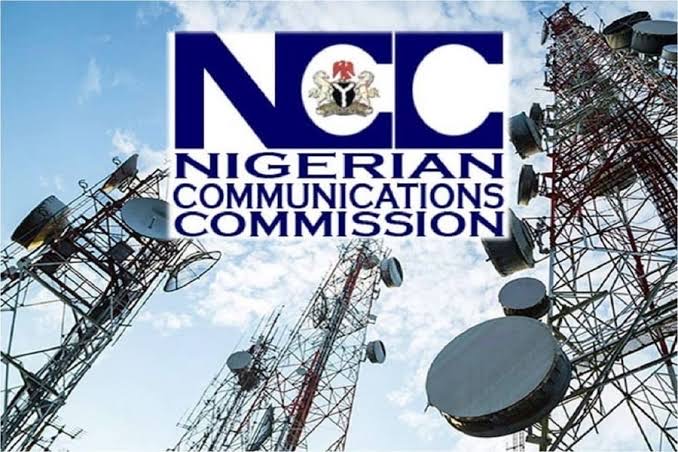
“Thursday was the first time I used 20 minutes to upload a story on a website,” said online journalist Victoria Adewole.
“The highest speed I got from Thursday until yesterday (Monday) was 700Kbps, which was frustrating. I couldn’t achieve much,” lamented a financial analyst, Oladayo Adenubi. He found that the internet speeds were back to normal on Tuesday.
“The network kept removing me from classes,” said a virtual teacher Adewunmi Onofomi. “My students are kids, and that affected their attention. It was almost like I had no classes through Thursday and Friday.” She stated she had to catch up on her lessons this week.
Adele Adarabioyo, who works from home for an international organization, said she was unable to meet work deadlines during the five-day disruption. “I was supposed to hand in four reports during this period, but I only succeeded in turning in one,” he said.
Concerns and complaints about these network issues flooded social media on Thursday and Friday. “Is it just me? My network isn’t going,” Chisom Nwoku tweeted.
Many subscribers blamed the network disruptions on ongoing protests against bad governance. On Friday, 36 civil society organizations described the outage as a deliberate internet disruption aimed at disrupting the ongoing #EndBadGovernance protests across the country.

In a letter addressed to the Office of the National Security Adviser (ONSA), the Nigerian Communications Commission (NCC), and the Association of Licensed Telecommunications Carriers of Nigeria, the organizations alleged that “the throttling of internet speed nationwide, aimed at slowing down information dissemination.”
“The weaponization of Internet disruptions and blocking or shutdowns during political unrest only exacerbates the underlying concerns of citizens. These shutdowns go against Chapter Four of Nigeria’s Constitution that assures its citizens of their rights to freedom of conscience, expression, assembly and association,” they added.
The letter was signed by organizations including the Centre for Journalism Innovation and Development (CJID), Fact Check Africa Initiative, and Media Rights Agenda (MRA). But industry sources insist the disruptions are unrelated. “More people will be online today, so why will we want to sabotage that?” one industry source said.
Another source said one telecom company’s network outage was caused by damaged fiber optic cables and external sabotage. “A fiber optic shaft owned by one of the operators was set on fire along the Lekki-Epe Expressway,” the source said.
Minister of Communications, Innovation, and Digital Economy, Bosun Tijani stressed that the protests had not led to operators being ordered to suspend network services. “There’s no instruction to tamper with the network, absolutely no instruction from my office,” he said in an interview on August 1.
However, he suggested that a surge in online traffic could be contributing to the connection delays. “You expect the traffic will be extremely high. And I’m not saying that’s the cause,” he explained.
Nigeria’s internet speeds and capacity have come under intense scrutiny recently due to infrastructure deficiencies. In a draft National AI Strategy released last Friday, the Ministry of Communications, Innovation and Digital Economy noted that the country has limited internet access and bandwidth.
“Nigeria’s internet speeds are considerably slower than developed nations. According to the Speedtest Global Index, Nigeria’s average download speed is around 35 Mbps, significantly lower than the global average of 93 Mbps (as of April 2024), placing Nigeria at a worldwide rank of 111th and 140th on mobile and fixed broadband, respectively,” the report said.


